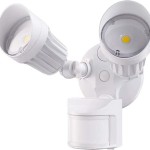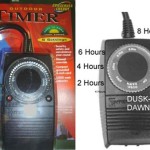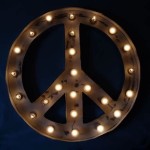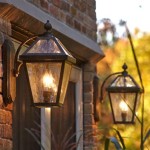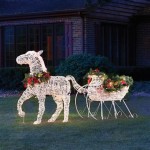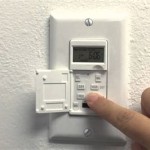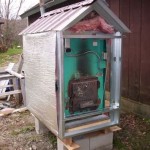What Color Light Is Best For Outdoors?
Choosing the right color light for your outdoor space can make a big difference in the ambiance and atmosphere you create. Here are some of the essential aspects to consider when selecting the best color light for your outdoor needs:
1. Purpose and Ambiance
The first step is to determine the purpose of your outdoor lighting. Are you looking to create a relaxing and inviting atmosphere for entertaining or a well-lit space for security? Different color temperatures and hues can evoke different emotions and create specific ambiances. For example, warm white light creates a cozy and welcoming feel, while cool white light is more invigorating and suitable for security purposes.
2. Color Temperature
Color temperature is measured in Kelvins (K) and indicates the warmth or coolness of a light. Warm white light has a color temperature between 2700K-3000K, while cool white light is between 4000K-5000K. The higher the Kelvin value, the cooler the light will appear. When choosing the color temperature for your outdoor lighting, consider the ambiance you want to achieve and the tasks that will be performed under the light.
3. Hue and Saturation
Hue refers to the actual color of the light, such as red, green, or blue. Saturation indicates the intensity or purity of the color. When choosing a hue for your outdoor light, consider the surrounding colors of your landscape and architecture. For example, warm amber hues can complement natural elements like wood and stone, while blue or green hues can create a tranquil and inviting atmosphere near water features.
4. Glare and Light Pollution
Glare can be a problem when choosing outdoor lighting, especially if it's directed toward neighboring properties or roads. Excessive glare can be distracting and even harmful to the eyes. When selecting your light fixtures, choose ones that minimize glare and direct the light downward or toward specific areas. Additionally, consider the impact of light pollution on the night sky and wildlife. Choose fixtures that shield the light source and minimize the amount of light emitted into the surrounding environment.
5. Energy Efficiency and Maintenance
Energy efficiency is an important consideration when choosing outdoor lighting. LED lights are the most energy-efficient option, consuming up to 85% less energy than traditional incandescent bulbs. They also have a longer lifespan, reducing the need for frequent maintenance and replacement. When selecting your outdoor lights, look for fixtures that are weather-resistant and easy to maintain, such as those with sealed housings and corrosion-resistant materials.
6. Safety and Security
Outdoor lighting can play a crucial role in enhancing safety and security. Well-lit areas deter crime and make it easier to navigate and identify potential hazards. Choose bright, evenly distributed lighting around pathways, entrances, and vulnerable areas. Motion-activated lights can be a cost-effective way to provide additional security by illuminating areas only when movement is detected.
By considering these essential aspects, you can choose the right color light for your outdoor space that meets your functional and aesthetic needs. Whether you're looking to create a cozy ambiance or enhance security, there's an optimal color light solution that will complement your outdoor environment.

Choose The Best Color Temperature For Your Outdoor Lighting Knowledge Base Super Bright Leds

Best Color Temperature For Outdoor Lighting Enhanced

Best Color Temperature For Outdoor Lighting Enhanced

What Is Color Temperature Creative Outdoor Lighting

Color Tones In Outdoor Lights Northwest Lighting

Best Led Color Temperature For Outdoor Lighting Georgia Lightscapes Blog

3000k Vs 4000k 5000k Best Color Temperature For Outdoor Lighting R C

How To Choose The Best Outdoor Lighting Color Temperature Custom Of America

What Is The Best Outdoor Lamp Post Color For Lighting

Unveiling The Best Color Temperature For Your Outdoor Lighting Needs
Related Posts
